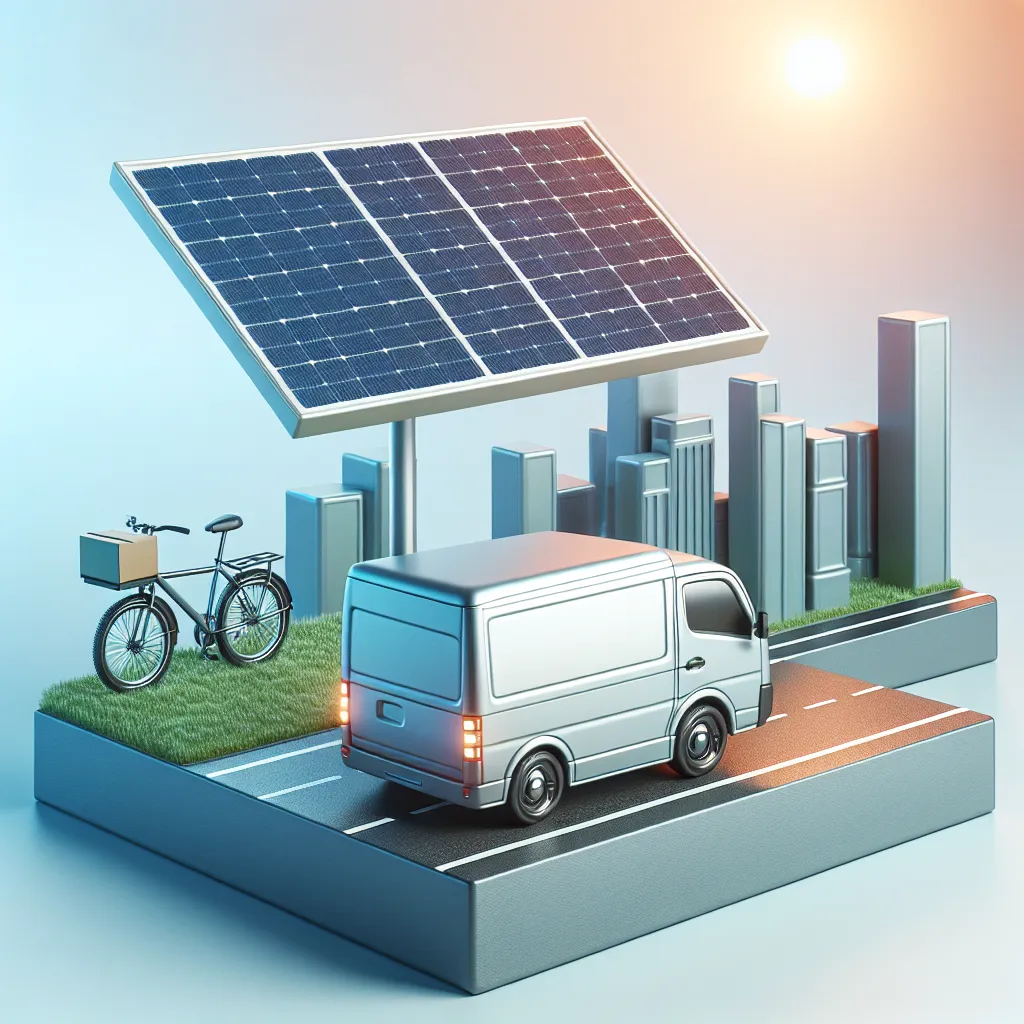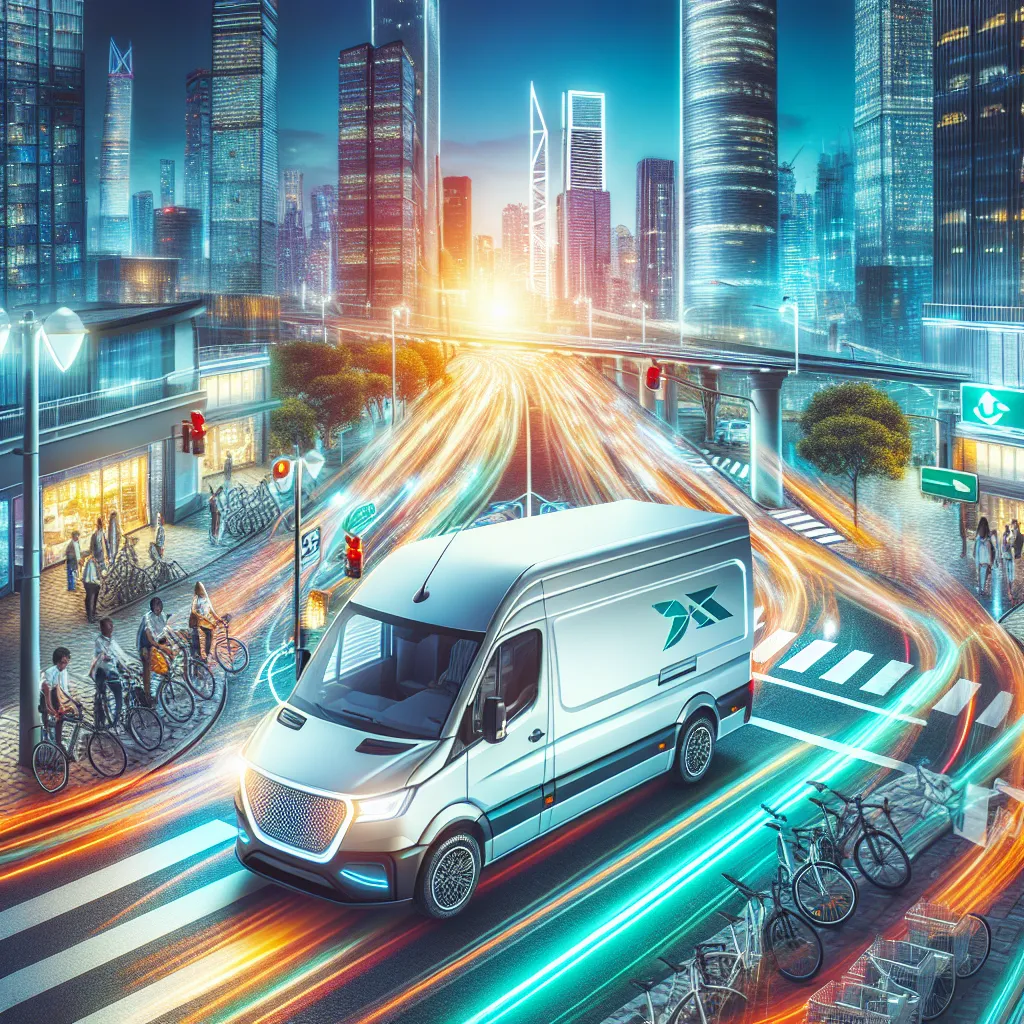Eco-Friendly Solutions for Last-Mile Delivery
Sustainable practices in last-mile delivery are becoming increasingly important as we strive to reduce the environmental impact of e-commerce. One key aspect of sustainable last-mile delivery is the implementation of eco-friendly solutions. Companies are exploring various options to minimize the carbon footprint of their delivery operations, such as the use of electric vehicles, bicycles, and even drones for smaller packages.
Electric vehicles have gained traction as a viable option for last-mile delivery, offering zero-emission transportation. Many companies are investing in electric delivery vans and trucks to replace traditional fossil fuel-powered vehicles. In addition to that, the use of bicycles for urban deliveries has proven to be an eco-friendly and efficient alternative, particularly in congested city centers.
Furthermore, the development of drone technology has opened up new possibilities for eco-friendly last-mile delivery. Drones have the potential to significantly reduce delivery times and carbon emissions, especially for lightweight parcels. By bypassing road congestion, drones can ensure swift and environmentally friendly deliveries in both urban and rural areas.
Innovative packaging solutions also play a crucial role in eco-friendly last-mile delivery practices. Companies are exploring recyclable and biodegradable packaging materials to reduce waste and minimize the environmental impact of packaging. Additionally, optimizing packaging design to minimize empty space and utilize sustainable materials is becoming increasingly important in sustainable last-mile delivery.
In conclusion, implementing eco-friendly solutions in last-mile delivery is essential for minimizing the environmental impact of e-commerce. By embracing electric vehicles, bicycles, drones, and sustainable packaging materials, companies can significantly contribute to a greener and more sustainable delivery ecosystem.
Innovative Approaches to Sustainable Last-Mile Logistics
Innovative approaches to sustainable last-mile logistics are becoming increasingly important in today’s rapidly growing e-commerce industry. With the rise of online shopping, the demand for last-mile delivery services has significantly increased, posing new challenges for logistics companies to reduce the environmental impact of their operations.
One of the innovative approaches to sustainable last-mile logistics is the use of electric vehicles. By incorporating electric vans and bicycles into their delivery fleet, companies can significantly reduce carbon emissions and noise pollution in urban areas. Additionally, some companies are experimenting with drone delivery systems for small, lightweight packages, further reducing the need for traditional delivery vehicles.
Another promising trend in sustainable last-mile logistics is the consolidation of shipments and the optimization of delivery routes. By leveraging advanced route planning software and algorithms, companies can minimize the number of miles traveled and the associated fuel consumption, ultimately lowering their carbon footprint. Furthermore, the use of micro-fulfillment centers located closer to the end consumers enables faster and more efficient deliveries, reducing the overall environmental impact.
Furthermore, several companies are embracing the concept of crowd-shipping, where local residents are incentivized to deliver packages to their neighbors on their regular commutes. This peer-to-peer delivery model not only reduces the number of conventional delivery vehicles on the road but also fosters a sense of community engagement and collaboration.
In conclusion, innovative approaches to sustainable last-mile logistics play a crucial role in mitigating the environmental impact of e-commerce growth. With the adoption of electric vehicles, optimized delivery routes, and crowd-shipping models, companies can work towards more eco-friendly and efficient last-mile delivery practices, meeting the rising demands of online consumers while minimizing their carbon footprint.
Reducing Environmental Impact in Last-Mile Delivery
Sustainable Practices in Last-Mile Delivery: Reducing Environmental Impact
Last-mile delivery, the final stage in the logistics chain, presents several environmental challenges due to high fuel consumption, vehicle emissions, and traffic congestion. However, with the increasing concern for environmental sustainability, various measures are being implemented to reduce the environmental impact of last-mile delivery.
One of the key strategies in achieving sustainable last-mile delivery is the adoption of electric vehicles (EVs) or alternative fuel vehicles. These vehicles significantly reduce greenhouse gas emissions and air pollutants compared to traditional gasoline or diesel-powered vehicles. Companies like Amazon and UPS have already started integrating electric vans and trucks into their delivery fleets as part of their sustainability initiatives.
Another approach to reducing environmental impact is the optimization of delivery routes. By utilizing advanced route optimization algorithms and technology, delivery companies can minimize fuel consumption and vehicle emissions by identifying the most efficient routes. This not only reduces environmental impact but also decreases delivery times and improves overall operational efficiency.
Furthermore, the consolidation of shipments and the use of centralized urban distribution centers help in reducing the number of individual delivery trips, thereby lowering emissions and traffic congestion. This approach, known as freight consolidation, aims to combine multiple shipments destined for the same area into a single delivery vehicle, reducing the overall environmental footprint.
Efforts to minimize packaging waste also play a crucial role in sustainable last-mile delivery. Utilizing eco-friendly packaging materials, optimizing package sizes, and promoting package reuse and recycling contribute to lowering the environmental impact of deliveries. Additionally, innovative packaging designs that minimize empty spaces and utilize recyclable materials help in reducing the carbon footprint of the delivery process.
By focusing on these sustainable practices and embracing technological advancements, the logistics industry is taking significant strides towards reducing the environmental impact of last-mile delivery. As consumers and regulatory bodies continue to prioritize sustainability, the adoption of these measures is expected to become more widespread, resulting in a greener and more efficient last-mile delivery ecosystem.




